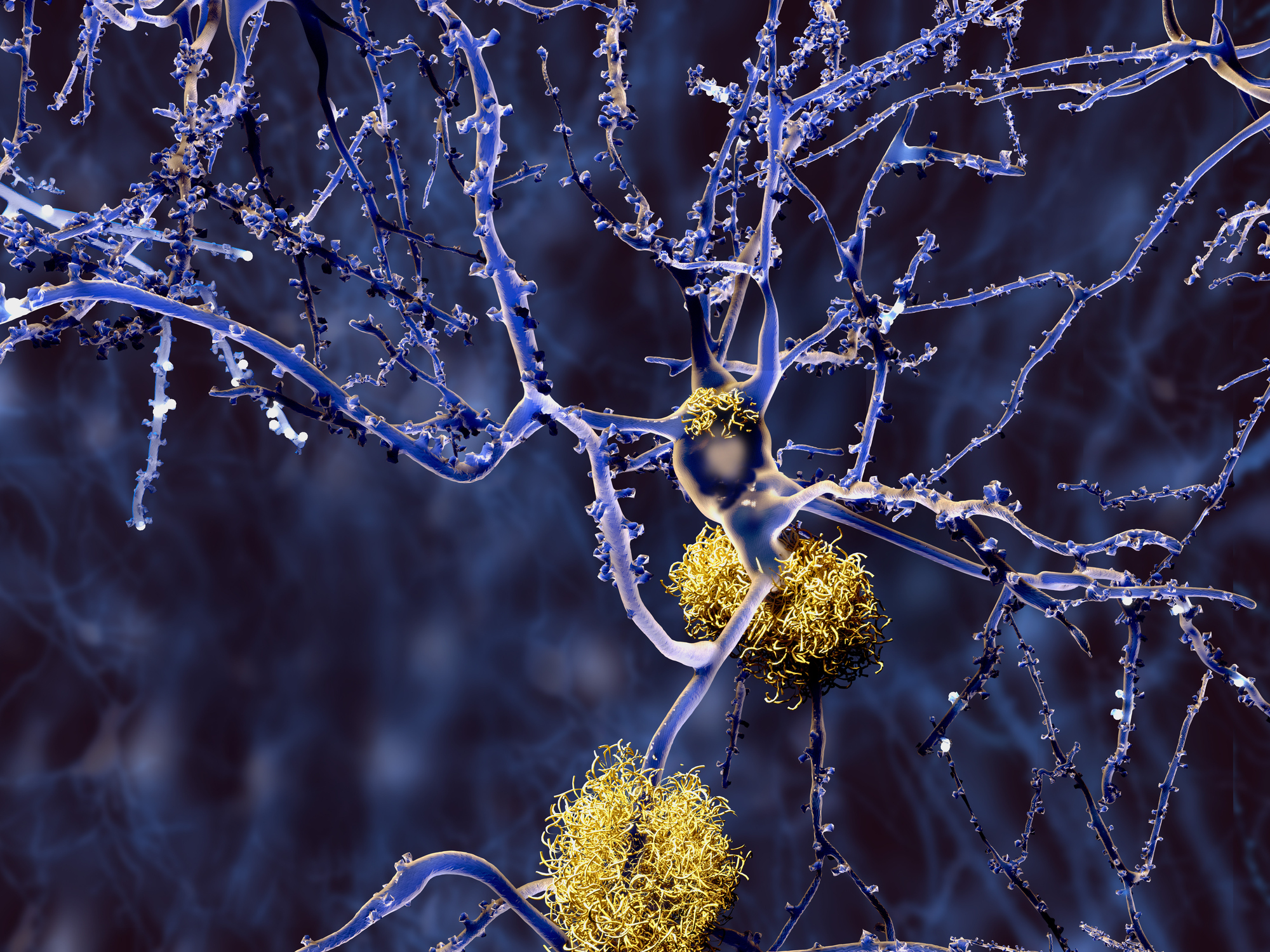Celiac disease linked to major depressive disorder and anxiety in adolescents
Celiac disease is linked to major depressive disorder and anxiety in adolescents. Jonathon Cordova, pediatric gastroenterologist at the University of Chicago Medical Center, said in a presentation, “Our interim analysis does suggest that a majority of adolescents living with celiac disease may have symptoms consistent with major depressive disorder. The quality of life is affected ...click here to read more














